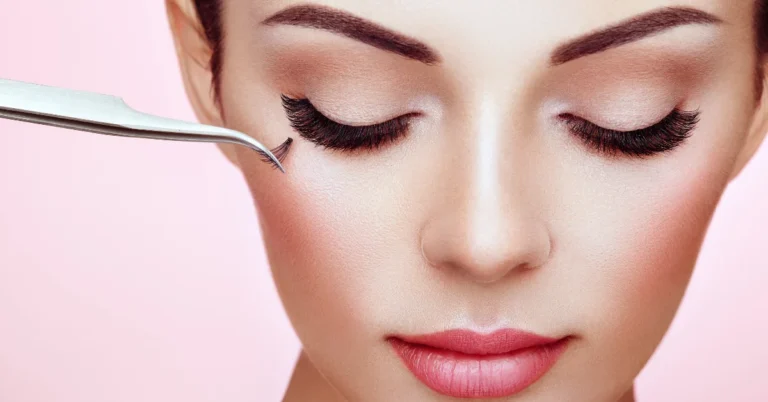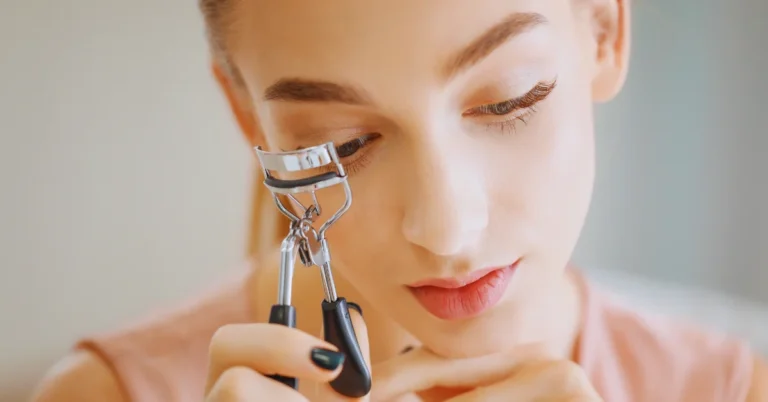Dermarolling At Home: A Complete Guide
Struggling with common skin concerns such as fine lines, acne scars, or uneven skin texture? If so, you’re not alone. Fortunately, dermarolling, also known as microneedling, has emerged as a popular skincare technique that offers promising results for addressing a wide range of skin issues.
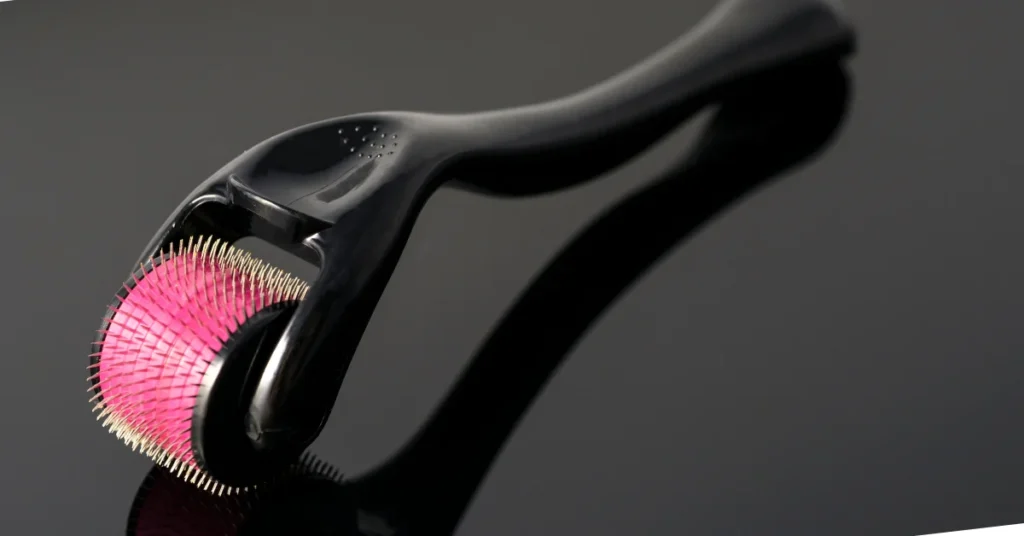
What is Dermarolling?
Dermarolling involves the use of a handheld device equipped with tiny needles, known as a dermaroller, to create controlled micro-injuries on the skin’s surface. These micro-injuries stimulate the skin’s natural healing process, prompting the production of collagen and elastin, essential proteins responsible for skin elasticity and firmness.
How It Works on the Skin?
When the device is rolled over the skin, the tiny needles penetrate the epidermis, creating microchannels. This process activates the skin’s healing response, triggering the production of new collagen and elastin fibers. As the skin repairs itself, it becomes firmer, smoother, and more youthful in appearance.
Benefits:
Targeting Areas:
Dermarolling can be performed on various areas of the body, including the face, neck, décolletage, hair scalp and hands. Common target areas for treatment include
- wrinkles
- acne scars
- stretch marks
- uneven skin tone
Types of Dermaroller Needles:
The needles come in different types, including:
- Standard/ stainless needles: Ideal for general skincare concerns.
- Titanium needles: Known for their strength and durability.
- Gold-plated needles: Offer anti-inflammatory properties and enhance product absorption.
Choosing the Right Needle Size:
Selecting the appropriate size of dermaroller needle is crucial for achieving optimal results. The size of the needles typically ranges from 0.25mm to 1.5mm, with shorter needles suitable for superficial treatments and longer needles for deeper penetration.
Below are the table outlining common skin concerns or problems and the recommended needle size for dermarolling:
| Skin Concern | Recommended Needle Size |
|---|---|
| Fine Lines and Wrinkles | 0.25mm – 0.5mm |
| Uneven Skin Texture | 0.5mm – 1.0mm |
| Acne Scars | 0.5mm – 1.5mm |
| Hyperpigmentation | 0.5mm – 1.0mm |
| Enlarged Pores | 0.25mm – 0.5mm |
| Stretch Marks | 1.0mm – 1.5mm |
We will advice you to Consult with a dermatologist or skincare professional to determine the best size for your specific needs and concerns.
Things to Consider Before Selection:
- Needle length: Choose a length appropriate for your skin concerns.
- Needle material: Opt for high-quality, medical-grade stainless steel needles to minimize the risk of skin irritation.
- Brand reputation: Research reputable brands known for their quality dermarollers.
How to Use:
By following these step-by-step instructions, you can safely and effectively use a dermaroller to enhance your skin’s texture and appearance.
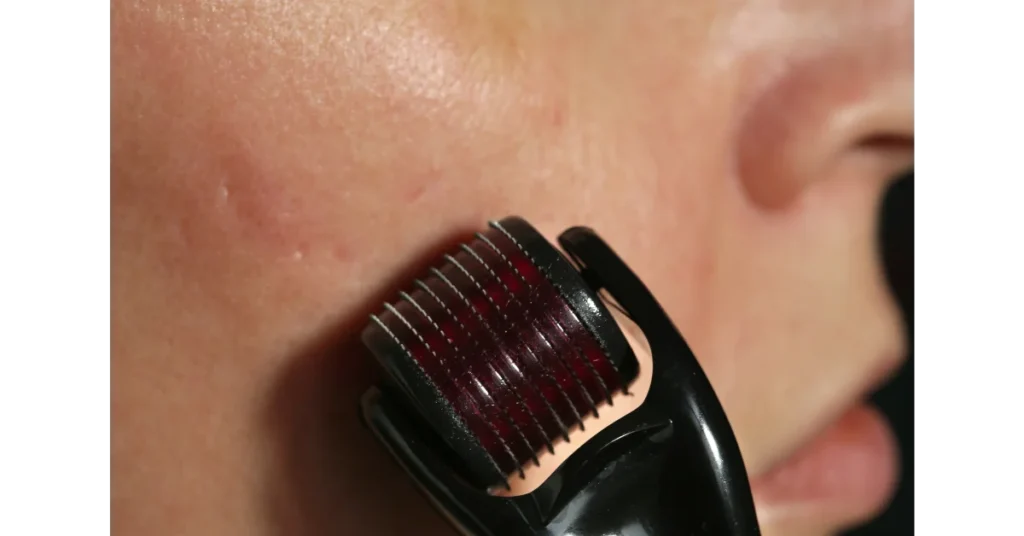
- Prepare Your Skin: Begin with freshly cleansed and dried skin. Ensure that your skin is free from any makeup, dirt, or oils.
- Prep the Dermaroller: Disinfect your device by soaking it in a solution of 70% isopropyl alcohol for at least 5-10 minutes. Rinse it with sterile water and let it air dry.
- Rolling Technique: Hold the dermaroller with gentle pressure against the skin. Start rolling vertically, then horizontally, and finally diagonally over the target area. Maintain a consistent, overlapping motion for comprehensive coverage.
- Controlled Pressure: Apply light to moderate pressure while rolling the dermaroller. Avoid pressing too hard, as it may cause unnecessary discomfort or damage to the skin.
- Avoid Sensitive Areas: Refrain from rolling over active acne lesions, open wounds, or areas with inflammation. Be cautious around the delicate skin of the eyes and lips.
- Consistent Direction: Ensure that the dermaroller moves in one direction without lifting it off the skin until you complete rolling over the entire target area.
- Post-Rolling Care: After each session, gently cleanse your skin to remove any debris or blood. Follow up with a soothing serum or moisturizer to hydrate the skin and promote healing.
- Disinfection and Storage: After each use, rinse the equipment under warm water and then disinfect it by soaking it in alcohol for 5-10 minutes. Allow it to air dry thoroughly before storing it in a clean, dry container.
Frequency of Use:
The frequency of dermarolling sessions depends on the length of the needles used and individual skin tolerance. Generally, it is recommended to wait 4 to 6 weeks between treatments to allow the skin to fully heal and regenerate.
| Needle Length | Recommended Frequency |
|---|---|
| 0.25mm – 0.5mm | Every 2-4 weeks |
| 0.5mm – 1.0mm | Every 4-6 weeks |
| 1.0mm – 1.5mm | Every 6-8 weeks |
Does this Really Work?
Research suggests that dermarolling can effectively improve the appearance of various skin concerns, including wrinkles, acne scars, hyperpigmentation, and uneven texture. A study published in the Journal of Cutaneous and Aesthetic Surgery found that microneedling significantly enhanced collagen and elastin production, leading to visible improvements in skin texture and firmness.
Optimal Aftercare for Better Results:
After dermarolling, it’s essential to follow a proper skincare routine to maximize results and promote healing. This may include:
- Using sunscreen daily to protect against UV damage.
- Avoiding harsh skincare products or exfoliants for several days post-treatment.
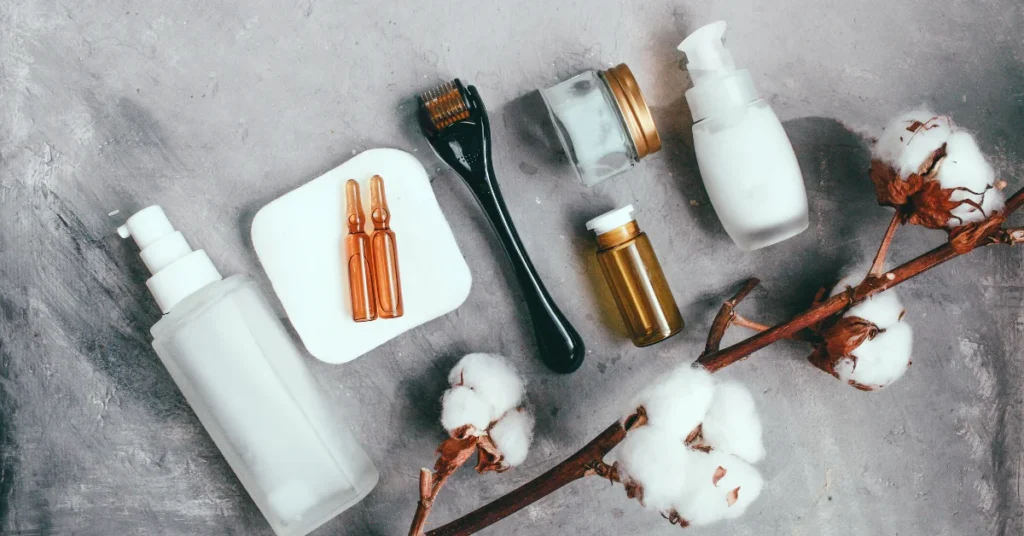
Applying a soothing serum or moisturizer to hydrate the skin like
- Hyaluronic Acid Serums
- Vitamin C Serums
- Niacinamide Serums
- Gel-based Moisturizers
- Ceramide Moisturizers
Precautions and Side Effects:
While dermarolling is generally safe when performed correctly, it may cause temporary side effects such as redness, swelling, and mild discomfort. To minimize the risk of adverse reactions, follow proper sterilization procedures, and avoid excessive pressure during use.
Individuals with certain skin conditions or bleeding disorders should consult a healthcare professional before attempting dermarolling.
When to Expect Results
Results from dermarolling may vary depending on individual skin type and concerns. While some may notice improvements after a single session, most people require multiple treatments to achieve desired results.
Visible improvements typically become apparent within a few weeks to months as the skin’s collagen and elastin production increase.
Take Over:
It is a versatile skincare technique with the potential to rejuvenate and transform the skin. By understanding how dermarolling works, selecting the right tools, and following proper techniques and aftercare, individuals can harness its benefits to achieve a radiant, youthful complexion.

